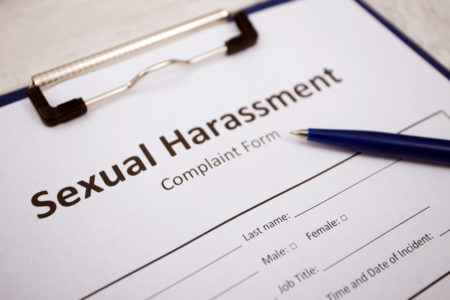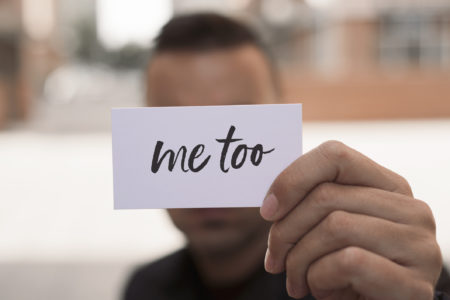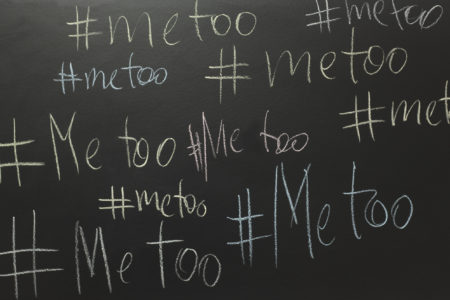
Symposium - 2018 - #MeToo
Ending Harassment by Starting with Retaliation
by Nicole Buonocore Porter*
Introduction The #MeToo movement has had a transformative effect on the discussion surrounding harassment in the workplace. As more women came forward to tell their stories of harassment, often against high-profile entertainment moguls or politicians, the public story that emerged was one of surprise and anger. But perhaps more importantly, the stories inspired hope that…






